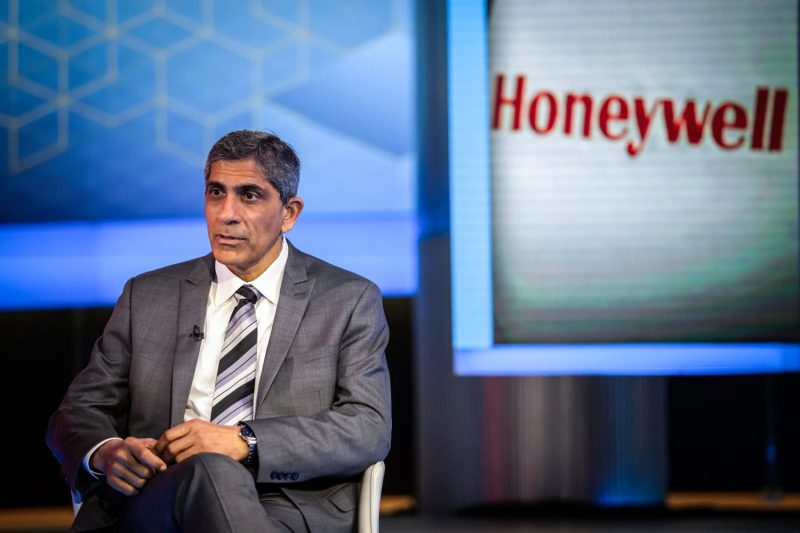
Honeywell CEO Vimal Kapur Reveals Surprising Insight on AI’s Impact on Productivity
In a recent interview with Honeywell CEO Vimal Kapur, he shared his perspective on the future of artificial intelligence (AI) and why he believes the biggest payoff won’t come from productivity gains as often suggested. Kapur’s insights shed light on a deeper understanding of the role AI will play in shaping industries and transforming businesses in the years to come.
One of the key points emphasized by Kapur is the need for a shift in mindset when it comes to AI adoption. Instead of viewing AI primarily as a tool for boosting productivity or cutting costs, he suggests looking at it as a means to drive innovation and create new opportunities. By focusing on leveraging AI to explore uncharted territories and unlock new possibilities, companies can position themselves at the forefront of the evolving technological landscape.
Kapur also highlights the importance of human creativity and intuition in combination with AI capabilities. While AI excels at processing vast amounts of data and identifying patterns, humans bring a unique perspective that is essential for driving innovation. By fostering a collaborative environment where humans and AI work together synergistically, companies can harness the full potential of both to achieve breakthroughs and stay ahead of the curve.
Moreover, Kapur stresses the significance of ethical considerations in AI development and implementation. As AI technologies become increasingly integrated into various aspects of society, it is crucial to uphold ethical standards and ensure that AI is deployed responsibly. By prioritizing ethical practices and being mindful of the implications of AI advancements, companies can build trust with their stakeholders and contribute to a sustainable future.
Another key takeaway from Kapur’s perspective is the idea of embracing uncertainty and being open to experimentation. In a rapidly changing world where the pace of technological advancement is accelerating, companies that are willing to adapt and innovate are most likely to thrive. By being flexible and willing to take calculated risks, organizations can position themselves for success in an era of constant disruption and change.
Overall, Vimal Kapur’s insights offer a fresh perspective on the role of AI in driving innovation and shaping the future of business. By focusing on creativity, collaboration, ethics, and adaptability, companies can harness the transformative power of AI to unlock new opportunities and chart a path towards sustainable growth and success in the digital age.
